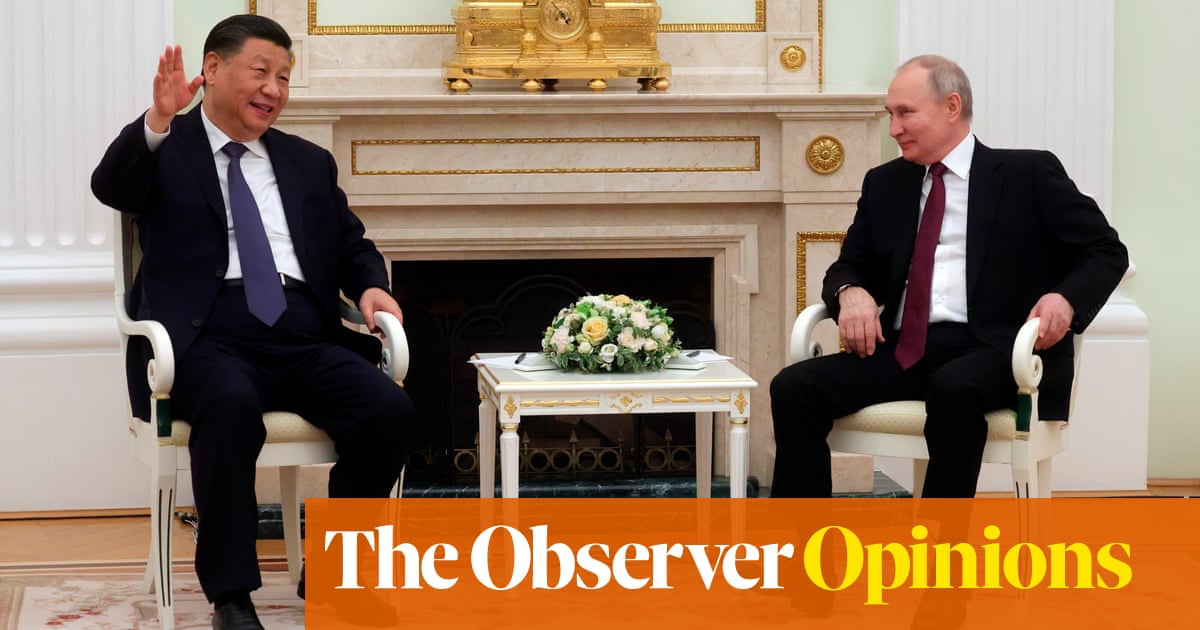
Iused to go to a barber who believed he had once been abducted by aliens. Regular in-the-mirror conversation starters – “been away this year?”, “did you see the match last night?” – would generally return to that formative moment when the “grey figures” appeared at the foot of his bed.
“To be honest, I’ve found flying quite tough since the abduction,” he would say over my shoulder, with hangdog matter of factness. Or, breaking off from his clipping: “It’s strange but I’ve not been so into football since I was ‘taken up’.”
My current regular has different, but in some ways no less troubling concerns. His off-duty hours seem largely devoted to trading cryptocurrencies online. All conversational roads lead back to the wobbly price of ethereum, the destabilising interventions of Elon Musk in the bitcoin market, or a burgeoning interest in the possibilities of Polkadot. As with the alien abductee, it is a 20-minute education into a make-believe world of which I know nothing at all, but who is to say it doesn’t exist? I haven’t, in any case, reached the attitude of the friend who, when presented with the coiffeur’s standard question: “How would you like it done today, sir?” tends to mutter: “In silence.”
Autumn leaves
Penguin Books last week announced the launch of a new series devoted to the “canon” of climate change. The series runs from extracts of Rachel Carson’s Silent Spring to Greta Thunberg’s polemic, No One Is Too Small to Make a Difference. You wonder if there might be a slim companion volume that looks again at the more foundational “canon” of Eng lit. An ode to autumn that incorporates seasons of floods and forest fires, perhaps. Or a rewrite of the original hymn to northern temperate predictability: sumer will no longer be icumen in quite as before.
Second innings
Anyone with half an interest in sporting romance will have enjoyed the return of the English cricketer Haseeb Hameed. I remember, in 2016, watching his international debut as a 19-year-old of preternatural calm and looking forward to “the Bolton Wall” sauntering out to provide graceful obduracy for England for the next 15 years.
As it was, the summer after that mercurial entrance Hameed was deserted by that precocious technique; the wall collapsed. In 2018, he scored only 165 runs in county cricket at a lamentable average of nine per innings, a return that saw him released by Lancashire, his boyhood county, with some talk of him having no future in the game.
Three years on, he walked out again for England, and on Wednesday and Thursday played as if none of that trauma had ever occurred. Still only 24, he may yet offer a rare second coming of that most ethereal quality, youthful genius.
Different beat
The many obituaries of Charlie Watts offered plenty of anecdotal evidence of the widely held understanding that drummers experience the world differently.
In recent years, this theorising has been backed up by many brain-imaging studies. The neuroscientist David Eagleman conducted one such study with professional drummers, which concluded that innate “perfect timing may make a drummer far more sensitive to the world’s arrhythmias and repeated patterns”.
Such conclusions may explain the always slightly strained public expression on Watts’s face, the highly nuanced jazz man, who never quite lost the sense that fate had played a singularly ironic trick by casting him as a member of the world’s most famous rock’n’roll band.












